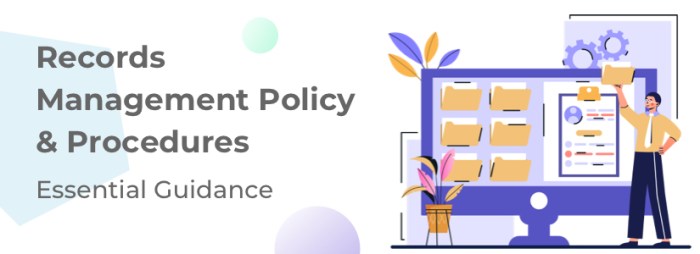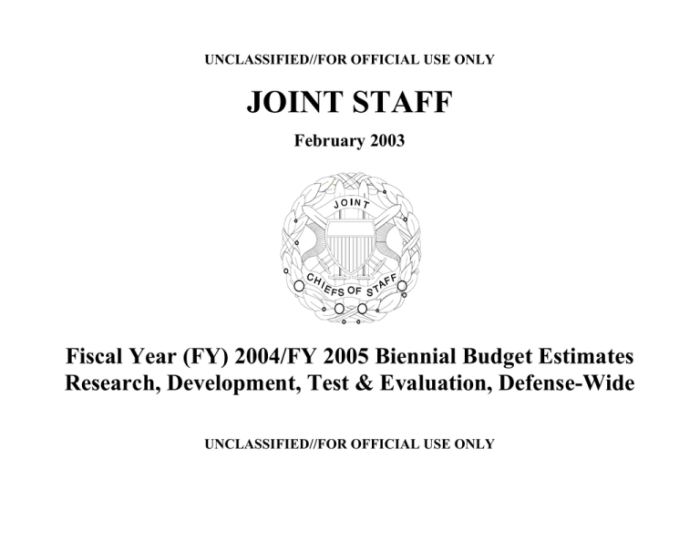Joint staff records and information management is a critical aspect of military operations, ensuring the secure and efficient handling of sensitive data. This comprehensive guide explores the policies, procedures, and technologies employed by the Joint Staff to manage records, information, and data, highlighting their significance and the challenges and opportunities they present.
From records management and information sharing to data analytics and cybersecurity, this guide provides a thorough understanding of the Joint Staff’s information ecosystem, emphasizing the importance of training and education in maintaining the integrity and security of military records and information.
Records Management: Joint Staff Records And Information Management

Records management within the Joint Staff encompasses the systematic control of information throughout its lifecycle, from creation to disposition. It ensures the integrity, accessibility, and usability of records for legal, operational, and historical purposes.
Policies and procedures govern the creation, maintenance, and disposal of records. These policies establish standards for recordkeeping practices, including the identification, classification, storage, and retention of records. Technology plays a crucial role in records management, enabling the digitization, storage, and retrieval of records in a secure and efficient manner.
Information Management
Information management involves the collection, organization, storage, and dissemination of information to support decision-making and operations within the Joint Staff. It encompasses a wide range of information types, including intelligence, operational data, and administrative records.
Processes and systems are employed to manage information effectively. These include information security measures, data governance policies, and knowledge management systems. The Joint Staff leverages technology to facilitate information sharing and collaboration among its components.
Information Sharing
Information sharing is essential for the Joint Staff to achieve its mission. It enables the exchange of information between different units and organizations to enhance situational awareness, support decision-making, and coordinate operations.
Challenges associated with information sharing include data compatibility, security concerns, and cultural barriers. The Joint Staff has implemented initiatives to address these challenges and promote effective information sharing.
Data Analytics
Data analytics plays a vital role in joint staff operations by providing insights into data and supporting evidence-based decision-making. It involves the analysis of large datasets to identify patterns, trends, and anomalies.
The Joint Staff utilizes data analytics to improve operational efficiency, enhance situational awareness, and predict future outcomes. Challenges include data quality, data integration, and the ethical use of data.
Cybersecurity
Cybersecurity is paramount for protecting joint staff records and information from unauthorized access, use, disclosure, disruption, modification, or destruction. The Joint Staff employs a comprehensive cybersecurity program that includes threat detection, incident response, and risk management measures.
The program safeguards sensitive information, ensures the availability of systems and data, and complies with legal and regulatory requirements. The Joint Staff collaborates with external agencies and organizations to enhance cybersecurity and mitigate threats.
Training and Education, Joint staff records and information management
Training and education are crucial for developing a skilled workforce capable of managing records and information effectively. The Joint Staff provides training programs that cover topics such as records management, information security, and data analytics.
These programs enhance the knowledge and skills of personnel, ensuring that they are equipped to meet the challenges of managing records and information in a complex and evolving environment.
FAQ Guide
What are the key principles of records management within the Joint Staff?
The key principles of records management within the Joint Staff include accountability, accuracy, completeness, reliability, timeliness, and accessibility.
How does the Joint Staff ensure the security of its information systems?
The Joint Staff employs a multi-layered approach to cybersecurity, including firewalls, intrusion detection systems, encryption, and regular security audits.
What role does data analytics play in joint staff operations?
Data analytics is used by the Joint Staff to analyze large volumes of data to identify trends, patterns, and insights that can inform decision-making and improve operational efficiency.


